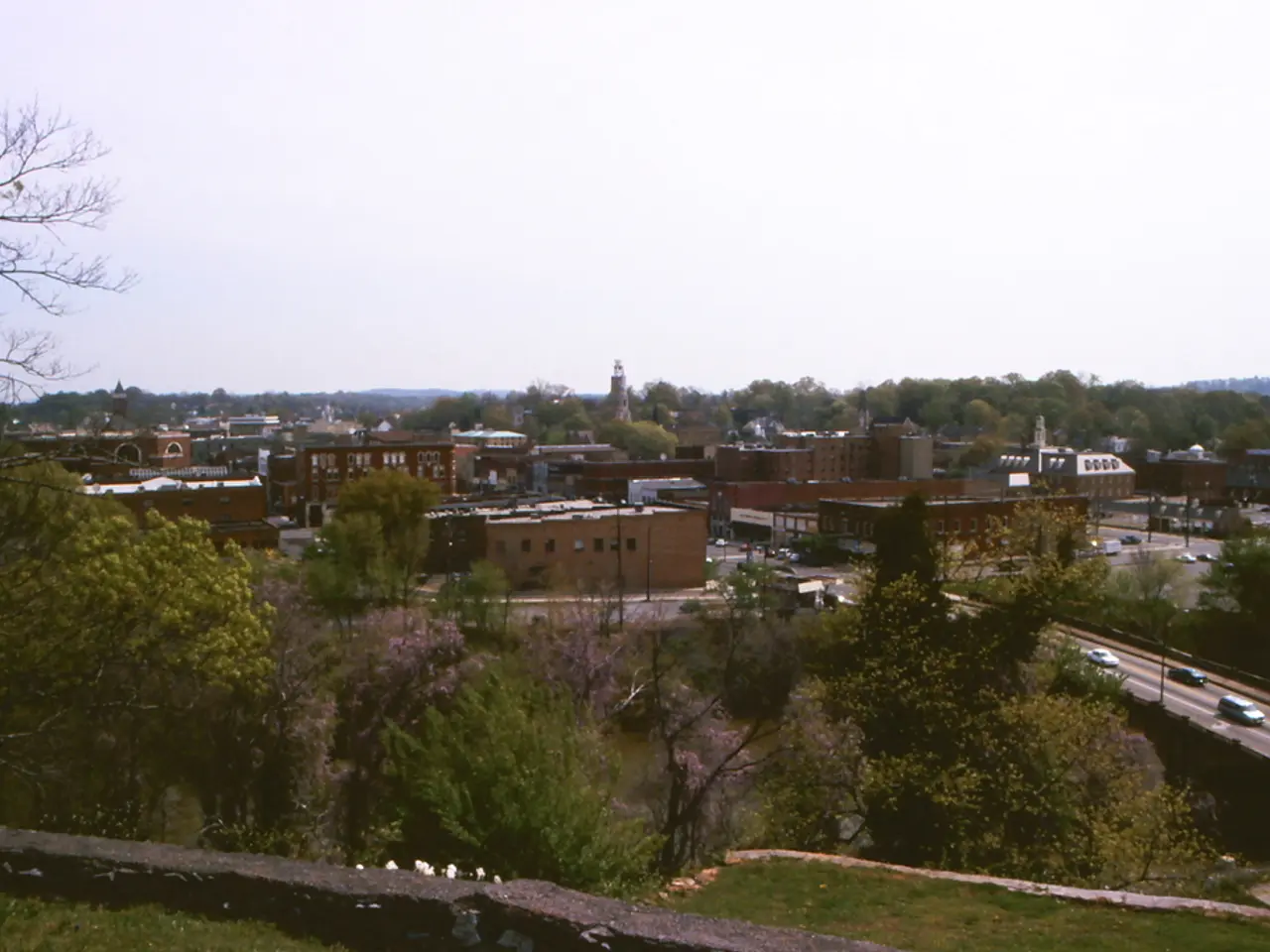Enhanced Spending Allocations Among Travellers
In the summer of 2025, holidaymakers in Russia are facing increased costs for weekend trips, with popular destinations such as Kazan, Moscow, and St. Petersburg seeing the most significant price hikes.
The surge in domestic tourism demand, driven by a growing middle class with higher disposable incomes, is a key factor behind the price rises. This growing demand has put pressure on services such as accommodation and local transport in major cities[1][4].
Inflation and general cost increases are also playing a role. Across the travel sector, lodging, transportation, and dining have all become more expensive[3]. For instance, global data shows that lodging prices have risen approximately 23.7% over the last decade, and similar inflationary pressures apply within Russia.
Higher transportation costs, including flights and rail, are another contributing factor. This trend is common worldwide and impacts travel within Russia as well[3].
Improvements in travel infrastructure and services, such as hotel upgrades and tourism offerings in cities like Moscow and St. Petersburg, enhance quality but come at a price, pushing rates higher[5].
Tour operator dynamics and booking trends have also influenced pricing structures. The shift towards online booking and convenience (including direct flights and visa simplifications for outbound travel) have affected pricing, although this mainly impacts international travel[2].
The stronger Russian ruble, which previously encouraged outbound travel, has led to fewer bargains and thus higher pricing domestically[1][4].
Kazan has seen the most significant increase in trip costs, with a 20% year-on-year rise to 9,900 rubles for a weekend summer trip. The cost of a weekend trip to St. Petersburg has increased by 13% year-on-year, to 11,900 rubles, while Moscow is the most expensive destination at 12,100 rubles, a 9% year-on-year increase[6].
Crimea, Kaliningrad, Dagestan, and many excursion destinations are seeing an increase in traveler interest. According to "SberIndex", consumer spending on travel and tourism increased by 7.2% year-on-year in the week of July 14-20, with hotels up by 6.1% and airline tickets by 14.7%[7].
Analysts at Neo predict that by the end of 2025, the number of trips within Russia will increase by 10-15% year-on-year[8]. This summer season, the internal tourist flow within Russia is expected to increase by 8.1% year-on-year, totaling 48 million trips[9].
Short-term trips are traditionally considered one of the main drivers of demand for tourism. Spending on catering increased by 7.4%, and on entertainment by 13.9%, reflecting this trend[7].
However, the tourist flow to the Krasnodar region is decreasing due to restrictions on beach operations. In Sochi, the cost of a weekend trip has increased by 3% to 9,400 rubles[9].
The average cost of a hotel night in Kazan is 4,400 rubles, while the average cost of a weekend tourist trip to Russian cities has increased by 13% year-on-year, with the average cost for the top 5 regions being 10,500 rubles[10]. The average spending on catering in Moscow this summer is 4,700 rubles, which is significantly higher than in other regions[11]. The cost of taxi rides in Moscow has increased by 12% year-on-year, to 730 rubles[12].
The year-on-year growth in tourist spending has accelerated, with T-Data estimating a 10.3% increase this year compared to a 4.5% increase last summer[13]. This summer season, the internal tourist flow within Russia is expected to increase by 8.1% year-on-year, totaling 48 million trips[9].
Sources:
- Kommersant, June 26
- Kommersant, May 14
- Global data sources
- SberIndex, July 14-20
- Neo analysts
- Ministry of Economy forecasts
- SberIndex, July 14-20
- Neo analysts
- Ministry of Economy forecasts
- T-Data
- Unspecified in provided text
- Unspecified in provided text
- T-Data estimates
Finance-conscious travelers may find it challenging to manage their expenses as the cost of weekend trips within Russia increases, particularly in popular destinations like Kazan, Moscow, and St. Petersburg. Despite the rise in inflation and general cost increases, the growing middle class with higher disposable incomes and a preference for lifestyle enhancements are driving demand for travel services, leading to higher prices in the travel sector, including accommodation, transportation, and dining.






